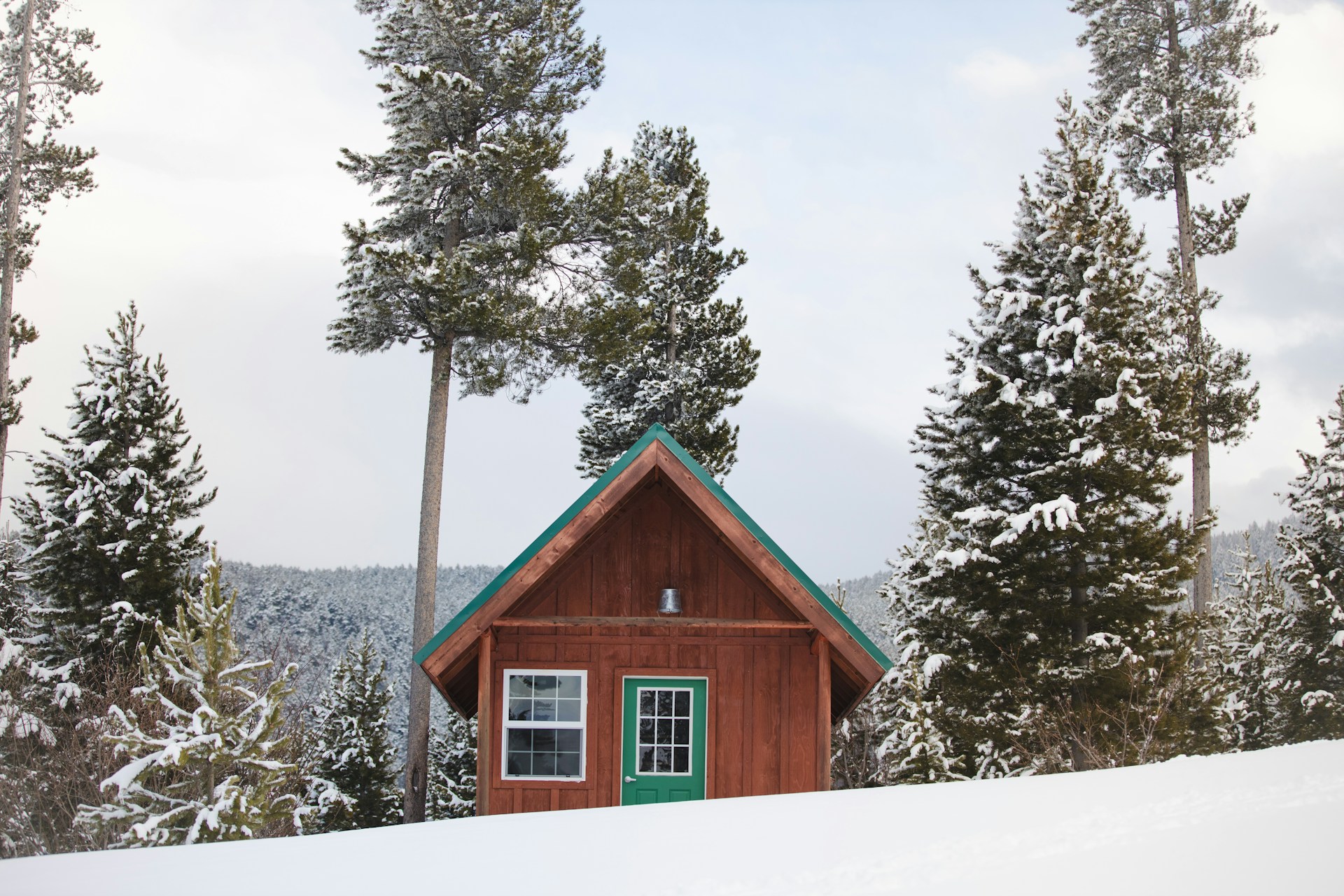

Question: Is There a Downside to Downsizing?
Answer: Downsizing may involve leaving cherished memories and familiar spaces, adjusting to a smaller living area, and potential relocation challenges.
Is There a Downside to Downsizing? Does Downsizing Come with a Hidden Price Tag?
Dreaming of a simpler life with less stress and more freedom? Downsizing to a smaller home often paints a picture of financial ease, organized spaces, and newfound joy. But before you trade sprawling square footage for cozy corners, consider the whispers of caution that might accompany this seemingly idyllic transition. Let’s explore the potential downsides of downsizing to ensure you make an informed decision that aligns with your unique needs and desires.
Bidding Farewell to Belongings: Emotional Baggage and Practical Challenges
Emotional Impact:
-
Letting go blues:
Letting go of cherished possessions, even if unused, can trigger feelings of attachment, loss, and even grief. -
Identity shift:
Your possessions often define your hobbies, interests, and even self-image. Downsizing can challenge your sense of identity. -
Decision fatigue:
The constant decision-making involved in decluttering can be emotionally draining and time-consuming. [ 1 ]
Click here for more information on downsizing real estate agents
Related Article: What Not to Do When Downsizing?
Related Article: Is it Worth it to Downsize?
Practical Considerations:
-
Storage costs:
If you can’t part with everything, renting storage units adds ongoing expenses to your budget. -
Disposal challenges:
responsibly disposing of unwanted items, especially bulky ones, can be time-consuming and require research. -
Sentimental value versus practicality:
Balancing sentimental value with the need for space can be a delicate and emotionally charged process.
Acknowledging and processing these emotional challenges is crucial for a smooth downsizing transition. Seek support from friends, family, or therapists if needed, and prioritize responsible and sustainable disposal methods for unwanted items.
Shrinking Your Space: Compromises and Adjustments
Lifestyle Adjustments:
-
Limited space for hobbies:
Downsizing might require adapting how you pursue certain hobbies that require dedicated space. -
Feeling cramped:
If not planned well, a smaller space could feel restrictive and claustrophobic, especially for larger families. -
Guest accommodation:
Hosting overnight guests might become challenging or require creative solutions in a smaller space.
Community Considerations:
-
Leaving familiar faces:
Moving away from established social circles can lead to feelings of isolation, especially for retirees. -
Limited amenities:
Smaller communities might lack the diverse amenities and services available in larger areas. -
Adjusting to a new environment:
Adapting to new surroundings, routines, and potentially different demographics can take time and effort.
Careful planning and research are key to minimizing these downsides. Choose a new space that aligns with your social needs, consider alternative solutions for hobbies that require space, and actively seek out opportunities to connect with your new community.
Financial Repercussions: Not Always a Sure Bet
Hidden Costs:
-
Moving expenses:
Realtor fees, moving costs, and potential renovations in your new space can add up quickly. -
Downsizing costs:
Decluttering, storage, and selling unused items can incur unforeseen expenses. -
Market fluctuations:
The selling price of your larger home might not meet your expectations, impacting your financial gains.
Unexpected Challenges:
-
Maintenance costs:
Smaller homes might have different maintenance needs or shared amenities with associated costs. -
Homeowner association fees:
Be aware of potential fees associated with living in a condo or community with shared spaces. -
Taxes and insurance:
Property taxes and insurance premiums might differ for your new, smaller home.
Calculating potential costs and savings is important. Factor in all hidden expenses, research the financial implications of your chosen new space, and ensure the financial benefits outweigh the costs before taking the plunge.
Environmental Impact: Beyond the Glitz and Greenwashing
Hidden Footprint:
-
Moving-related carbon emissions:
Transportation and potential renovations during the move contribute to your carbon footprint. -
Shared spaces and sustainability:
Using shared amenities like laundry facilities or community gardens might not align with everyone’s eco-conscious preferences. -
Limited control over features:
Not all smaller homes are built with the latest energy-efficient features or sustainable materials.
Beyond Downsizing:
-
Conscious choices make the difference:
Opting for energy-efficient appliances, composting food scraps, and supporting sustainable initiatives in your community have a significant impact. -
Holistic approach to sustainability:
Downsizing can be a positive step, but it’s just one piece of a broader sustainable lifestyle puzzle.
Downsizing isn’t a magic bullet for environmental impact. Focus on making conscious choices in your daily life, regardless of your living space, to truly minimize your footprint and contribute to a greener future.
Click for more info about Jennifer Jewell and how she can help you
Conclusion: A Personal Journey, not a One-Size-Fits-All Solution
Downsizing isn’t a guaranteed path to bliss or inevitable doom. It’s a personal journey that requires careful consideration of your financial goals, emotional readiness, and desired lifestyle. Acknowledge the potential downsides, weigh them against the potential benefits, and make an informed decision that aligns with your unique needs and values.
References
1. https://www.thebalancemoney.com/home-downsizing-1798313


